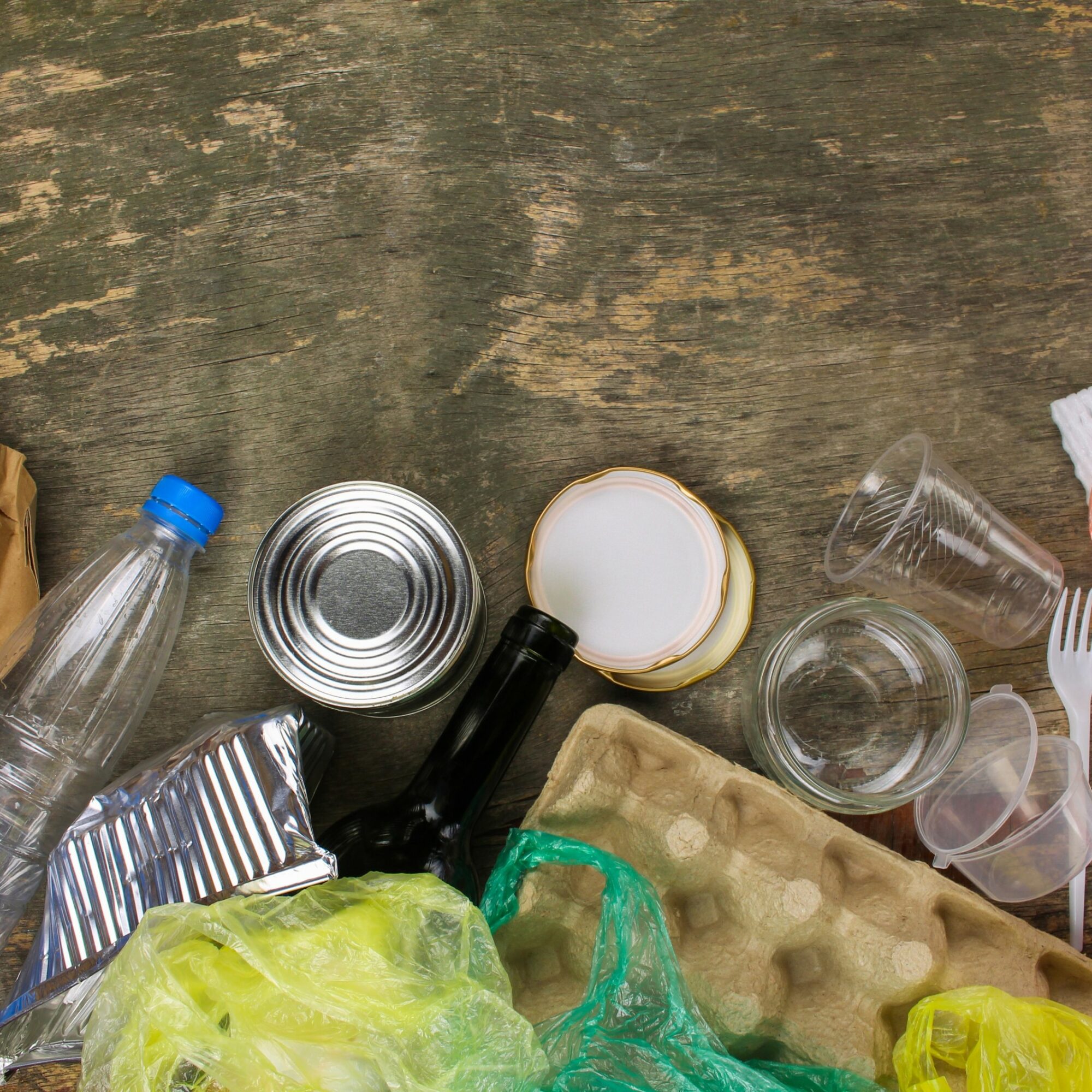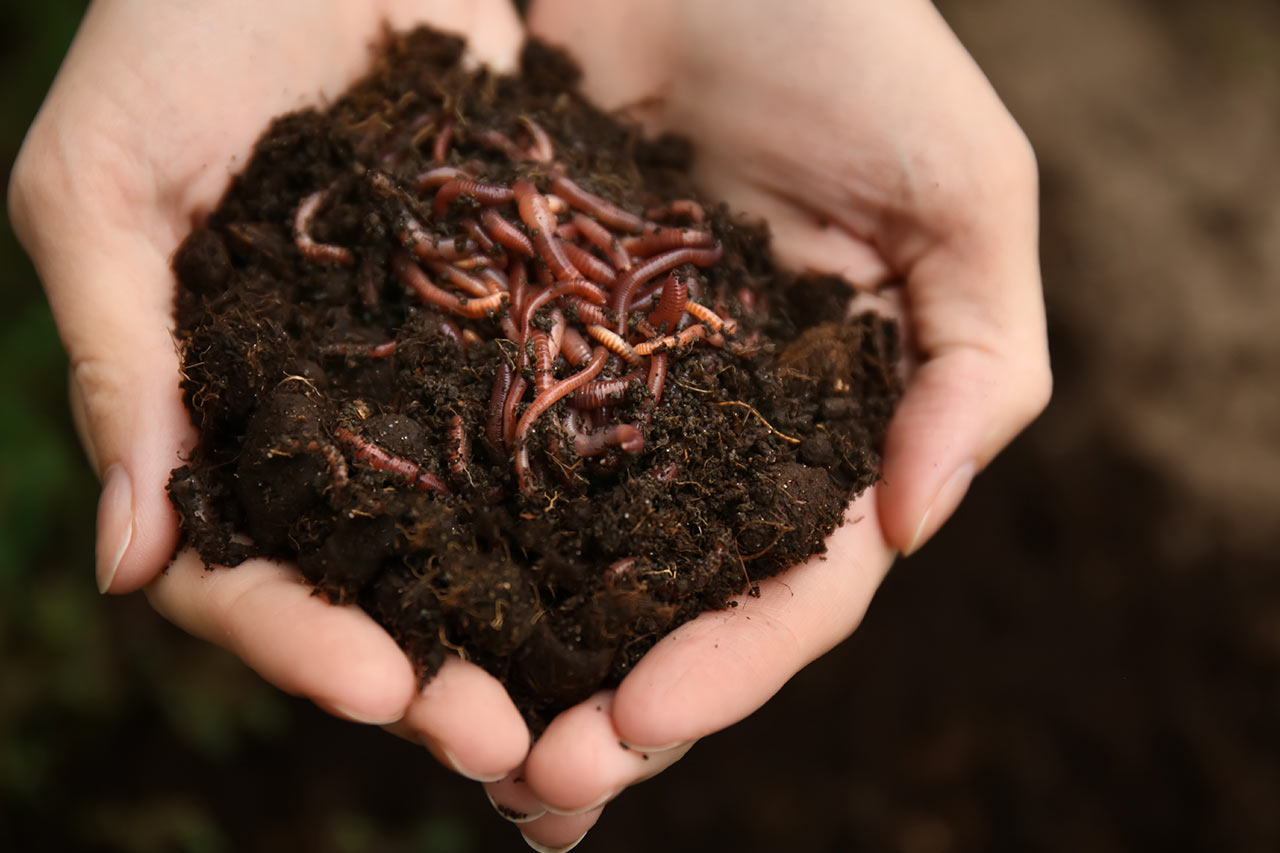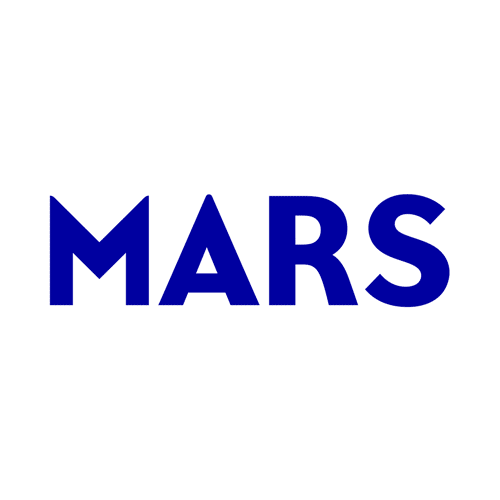
Sustainability Consulting

For more than 30 years, our team has been supporting everyday industrial leaders, innovative SMEs and start-ups, as well as institutions, in their innovation and development projects linked to sustainable development.
They trust us

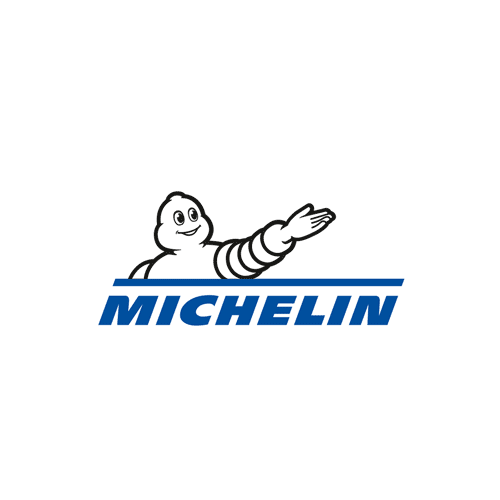
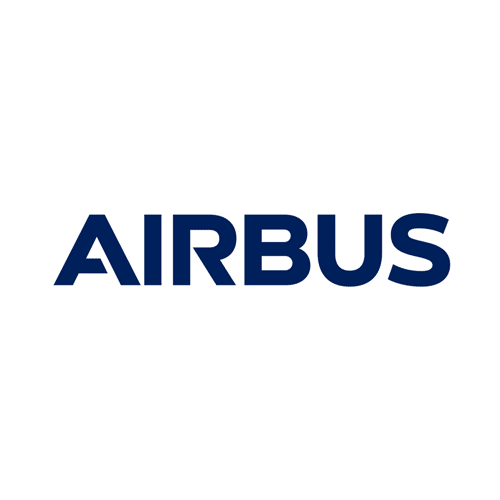



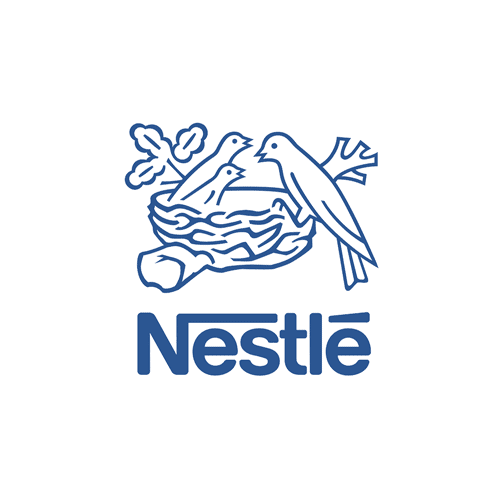
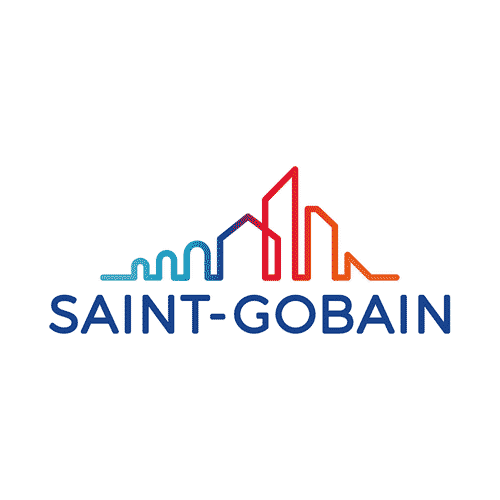

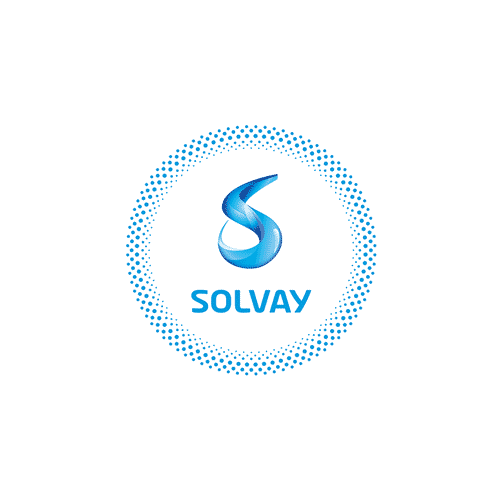
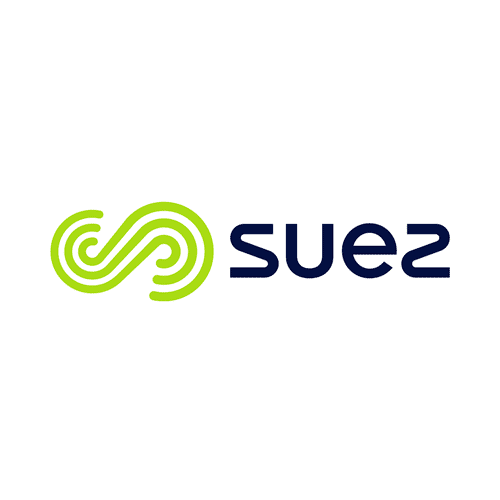
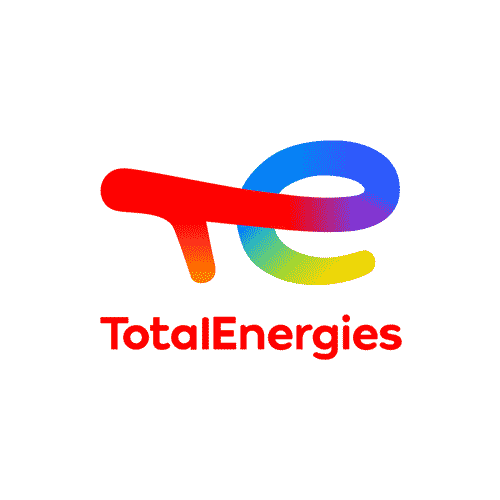
How we support our clients in their sustainability projects
Founded in 1993, Alcimed is a consulting firm specialized in innovation and new markets development in life sciences. Spread over our 8 offices in the world (in France, Europe, Singapore and the USA), our team of 220 high-level explorers supports everyday decision-makers and business departments (marketing, research, innovation, strategy, CSR, etc.) in their innovation and new market development projects.
Our sustainability-related projects cover topics as diverse as the definition of CSR strategies, the implementation of circular economy approaches, the construction of materiality matrices, the definition of eco-designed user paths, the search for alternative raw materials, biomaterials, waste valorization, recyclability, green industrialization, the development of eco-friendly packaging, and many more!
And our activities are not limited to sustainability. The diversity of our clients (manufacturers, ETIs, innovative start-ups, institutions, etc.), the subjects we deal with, and the geographical areas we explore, enable us to master a wide range of missions and develop recognized expertise in our specialized sectors.
Our missions
Our expertise
Our missions
Strategic marketing
Clients & Patients
R&D
Commercial strategy
Innovation
New partners
Our expertise
Healthcare
Environment & Climate
Beauty & Nutrition
Energy & mobility
Sovereignty
Examples of projects carried out for our clients in sustainability
Study for a pharmaceutical laboratory on the environmental impacts of clinical studies and best methods for their optimization
We worked on rethinking the clinical trials of a healthcare actor in order to limit their environmental impacts.
To achieve this, our teams first estimated the six main environmental effects of clinical trials after identifying and modeling the standard stages of such trials, including drug and personnel transportation, accommodation, waste management, devices, and data. Next, we modeled traditional scenarios to quantitatively evaluate their respective environmental footprints and identify the key contributors. To do so, we developed an interactive tool that calculates these impacts based on various environmental endpoints such as carbon footprint, water impact, biodiversity, and more.
Finally, based on this analysis, our teams were able to recommend the best ways for the client to optimize the transformation of clinical trials from an environmental perspective. We also provided a communication plan to facilitate the internal and external dissemination of these changes.
Supporting an industrial player in identifying a set of solutions for mitigating greenhouse gas emissions related to enteric fermentation of cattle
To help our client achieve its carbon neutrality goals, we conducted a review of innovations to reduce enteric fermentation in dairy cows.
We explored 3 main types of sources: scientific publications, disruptive commercial solutions, and interviews with technical institutes and additive suppliers.
During a workshop with our client, we elaborated its 15-year roadmap, integrating the set of process solutions to be implemented as well as the action steps to be carried out for each solution (partners, red flags to work on, solution ambassadors, …).In addition to a roadmap, key implementation partners have been identified to anticipate the first steps of operational implementation.
Definition of a materiality matrix for an energy player
ESG questions are becoming a crucial issue, notably for our client, who needed to adapt to new demands from banks, rating agencies, stakeholders and the grand public, in terms of environmental, social, and ethical approaches.
Our client had put in place local action plans, but they were not fully coordinated, and the communication around these plans was isolated.
The client wished to identify amongst the actions put in place which were the most impactful, and challenge them with an external point of view in order to build their strategic vision and their communication around the management of their ESG issues in the general sense. We supported this organization by:
- Mapping out the actions put in place by conducting interviews with the people in charge of these actions
- Identifying and selecting key criteria for stakeholders by benchmarking the strategies claimed by key players in the sector
- Building their sustainability strategy together with them, by putting in place a materiality matrix and prioritizing the key challenges
- Working on the strategy and plans of action associated based on the existing plans
Our assessment allowed the client to define a CSR strategy in line with the expectations of the market and their ecosystem, as well as clear areas of communication.
Constructing a CSR management tool in R&D and implementing its governance for an agrifood manufacturer
We helped one of our clients, a leading agrifood manufacturer, to develop a decision-making tool for R&D, so that all CSR dimensions could be integrated from the very first stages of the concept, including product design, materials, purchases, the ethics of its positioning, etc.
We first worked on the CSR pillars in order to define each criterion and the KPIs to be considered when making product development decisions. We then defined how and by whom this tool would be used in order to open up decision-making. This tool is now used in each of their R&D programs and guides their innovation decisions.
Challenging the credibility, ambition, and exhaustiveness of the CSR strategy of a leader in the phytosanitary and seed field
Alcimed supported a leader in the phytosanitary and seed field who had recently defined its CSR commitments and selected the UN Sustainable Development Goals (SDGs) on which it wanted to focus. Our client wanted a critical review of its strategy by players in its ecosystem before moving on to the implementation stage. We examined the commitments and SDGs chosen with KOLs and CSR leaders in the agricultural value chain, focusing on 3 questions:
- Was our client perceived as credible and competent to work on the selected UN SDGs?
- Were the commitments sufficiently ambitious and clearly defined, and were the associated KPIs adapted?
- What were the gaps our client needed to fill?
Following this assessment, we were able to help our client to finalize their selection of UN SDGs and enter the implementation phase with a solid foundation.
Assessing the opportunity to switch from a bottled product to a bulk product and its impact on the business model for a cosmetics company
We supported a cosmetics player who wanted to reduce its environmental impact by transforming one of its products currently sold in pharmacies in a bottle to a bulk product in a container. As a first step, we verified that a bulk formula could make sense for their markets and customers.
We then sought to understand how it would affect pharmacists. For example, who would be responsible for asepsis? How would the storage be managed? What would be the impact on the point of sale? Lastly, we defined a new business model more adapted to this new offer and mapped out the new stakeholders to consider.
What was the result for our client? A clear vision of the changes brought about in the market by its new offer, as well as a roadmap to best accommodate the changes.
Prospective study on the evolution of automotive waste by 2035
In the context of the transition to electric mobility, we supported an environmental actor specializing in the collection of automotive waste to help them anticipate the impact of this transition on their business.
A comprehensive prospective analysis of the automotive market, the objectives of manufacturers, suppliers, garages, collection sites, and recycling facilities, as well as the current regulations, allowed us to estimate the evolution of the typology and volumes of waste that our client will have to manage by 2035.
We also analyzed the value chains associated with battery production, identified potential recyclable products, and assessed the role of various stakeholders (such as gigafactories and new production units established by manufacturers). This analysis enabled us to help our client adjust their positioning in this emerging market.
Developing a CSR pitch to support the response to public calls for tender in healthcare
We supported a pharmaceutical player who was seeking to strengthen its application for public contracts by reinforcing its differentiation arguments based not only on its products and services but also on its CSR policy.
To do this, we identified the expectations of the authorities in the respective countries in terms of CSR and deciphered the weight of CSR criteria when choosing awardees. By coupling this vision of demand with an analysis of the CSR policies of our client’s competitors, we developed a pitch and a toolbox for each of the countries within the scope of the call and proposed some avenues to improve our client’s CSR performance!
You have a project?
To go further
Cross-sector
Sustainable packaging design and recyclability: major challenges for food manufacturers
The food industry must innovate and think about sustainable packaging design in the face of regulatory changes on their recyclability and the environmental display of food products.
Energy - Environment - Mobility
Wind propulsion: maritime transport is reshaping to adapt to the climate crisis
The climate crisis talks the maritime industry into reinventing itself. What are the issues involved in the diffusion of wind propulsion?
Agrifood
The insect industry: a sustainable model of circular economy?
Insect breeding for protein production is at a turning point. In France, the pioneering start-ups that appeared a few years ago are starting to move to industrial scale, for example NextAlim, ...
Founded in 1993, Alcimed is an innovation and new business consulting firm, specializing in innovation driven sectors: life sciences (healthcare, biotech, agrifood), energy, environment, mobility, chemicals, materials, cosmetics, aeronautics, space and defence.
Our purpose? Helping both private and public decision-makers explore and develop their uncharted territories: new technologies, new offers, new geographies, possible futures, and new ways to innovate.
Located across eight offices around the world (France, Europe, Singapore and the United States), our team is made up of 220 highly-qualified, multicultural and passionate explorers, with a blended science/technology and business culture.
Our dream? To build a team of 1,000 explorers, to design tomorrow’s world hand in hand with our clients.
